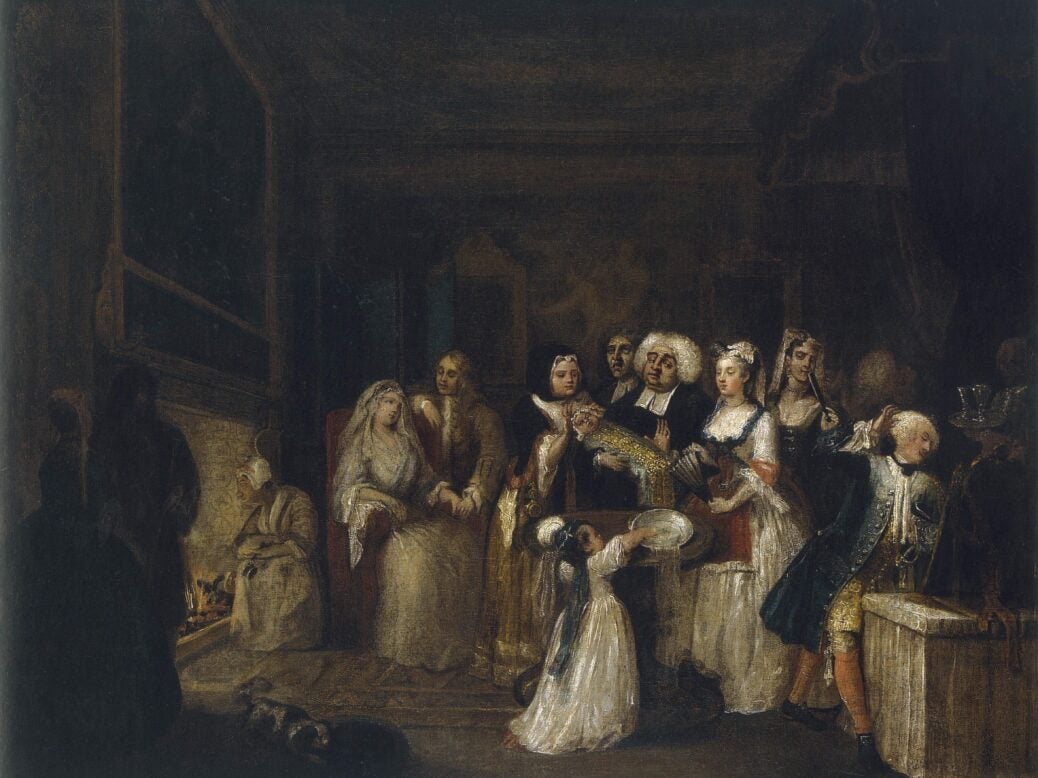
Susan Johnson explains the coveted tax status that turns privately-owned art into marketable national treasure.
It has recently been reported that a list of art works to be sold worth approximately £20 million and conditionally exempt from tax has appeared on Arts Council England’s (ACE) website. For many years it has been a requirement for an owner of a conditionally exempt object to give notice of sale to ACE or its predecessors. The purpose is to provide this country’s public institutions with an opportunity to gather funds should they wish to purchase one or more of these important items. Digitisation has made such information more visible to the public where it was once only available to museums and galleries.
The word ‘exemption’ is a misnomer as what is provided by ‘conditional exemption’ is a tax deferral from inheritance tax arising on death and on certain lifetime gifts. It also provides a tax deferral for trustees where they are facing an inheritance tax charge. In very limited circumstances it may defer the capital gains tax that would otherwise be payable on a gift.
Conditional exemption was introduced in 1896 to provide a deferral of taxation attaching to a narrow class of artworks. The definition has been expanded in a piecemeal fashion during the twentieth century and now covers:
- Pictures, prints, books, manuscripts, works of art or scientific objects;
- Buildings of outstanding historical or architectural interest and land which protects it; and
- Land which is of outstanding scenic or historic or scientific interest.
Its primary purpose has always been to form part of the defence against the outflow of important works of art which reached its zenith in the first half of the twentieth century. By providing an alternative to tax-driven sales following a death it has prevented collections of heritage artworks, property or other objects of this country’s heritage from being fragmented. In this way conditional exemption has provided a benefit to the nation. This has particularly been the case since July 1998 when all new exemptions granted are made conditional on public access being given.
Since 1998, to qualify for exemption, pictures, prints, books, manuscripts, works of art or scientific objects must either individually or as a group or collection meet the pre-eminent criteria. Alternatively, they must be historically associated with a building of outstanding historical or architectural interest. Pre-eminence is a high bar to cross as the object must be shown to have an especially close association with our history or national life, or be of artistic interest, or of importance for the study of a particular form of art, learning or history.
All claims for conditional exemption are made initially to HMRC, who delegate the ‘quality control’ aspect of objects to ACE. ACE in turn assist in the appointment of appropriately qualified experts to advise on quality for pre-eminence. Claims for historically associated objects are passed to Historic England or the equivalent in Wales, Scotland and Northern Ireland. For land and or buildings such quality control is passed to Natural England or their equivalent. If the criteria are met, a written undertaking is given by the owner regarding its preservation, retention in this country and provision as to access for members of the public.
Over the last 118 years conditional exemption has been responsible for ensuring that some of the most important works of art are seen in our national or local galleries and museums while remaining in private ownership. A considerable portion of the contents of many stately homes which are open to the public, and houses owned by the National Trust and English Heritage, display objects subject to this exemption.
As owners’ circumstances change it occasionally becomes necessary to make a sale. Once sold, the former owner will pay the deferred tax, calculated not on the value of the property when it was originally exempted, but at the value for which it was sold. The heirs of today’s collectors may decide to apply for conditional exemption when they inherit, and if granted, provide public access in a gallery or museum for the public to enjoy.
Susan Johnson is a consultant in the private wealth department at Bircham Dyson Bell.








